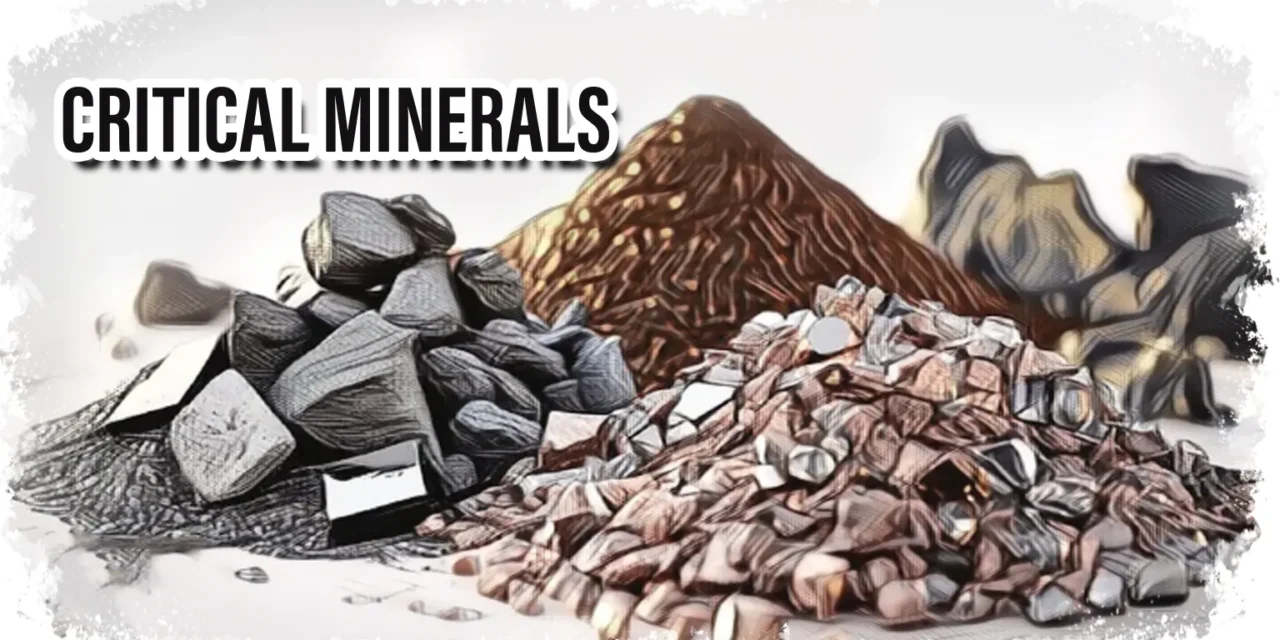India has significantly intensified its exploration of critical and strategic minerals, with the Geological Survey of India (GSI) undertaking 195 mineral exploration projects in the financial year 2024-25 (up to November). This marks a 53% increase from the 127 projects conducted in 2023-24. The current year’s initiatives encompass key resources such as lithium, graphite, phosphorite, and glauconite, distributed across various regions of the country.
To further bolster self-reliance, the Union Cabinet has approved the National Critical Mineral Mission (NCMM) with an allocation of ₹16,300 crore. This mission aims to establish a framework for self-sufficiency in critical minerals, accelerating India’s green energy transition. The NCMM is part of a larger ₹34,300-crore plan over the next seven years, with public sector enterprises expected to contribute ₹18,000 crore to meet these ambitious goals.
Despite these advancements, challenges persist in the auctioning of critical mineral blocks. Out of 49 blocks offered for bidding, only 24 have been successfully auctioned, indicating hurdles in attracting sufficient investor interest. Factors such as limited foreign investment and systemic barriers in exploration and classification processes contribute to these challenges. For instance, the auction of a lithium block in Jammu and Kashmir failed to attract any bids in its second attempt, highlighting the complexities involved in developing a domestic critical minerals industry.
To address these issues, the government has implemented policy reforms aimed at enhancing private sector participation in the exploration and mining of critical minerals. Amendments to the Mines and Minerals (Development and Regulation) Act in 2023 have streamlined the auction process and introduced exploration licenses, facilitating access to deep-seated and untapped mineral reserves.







